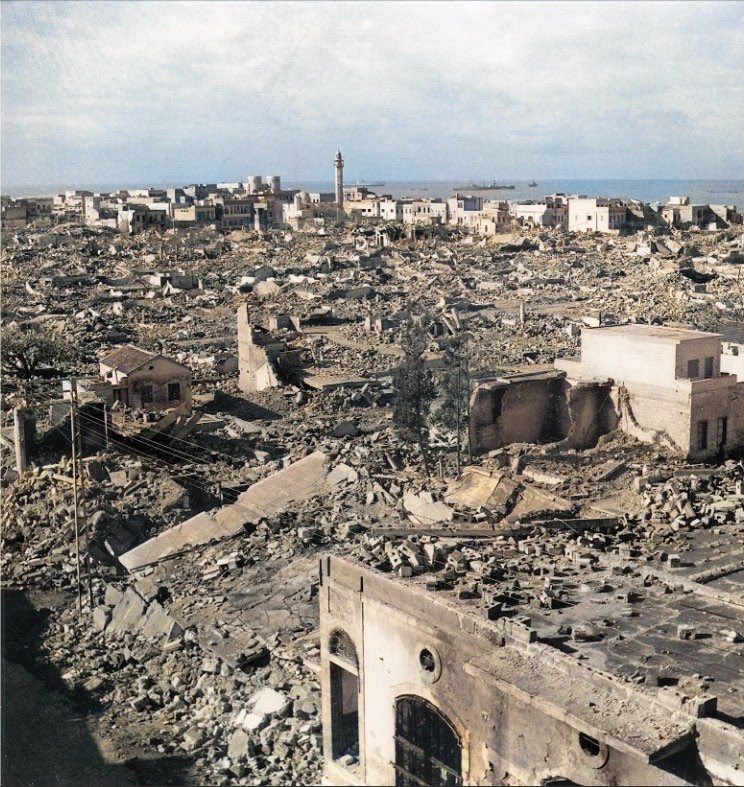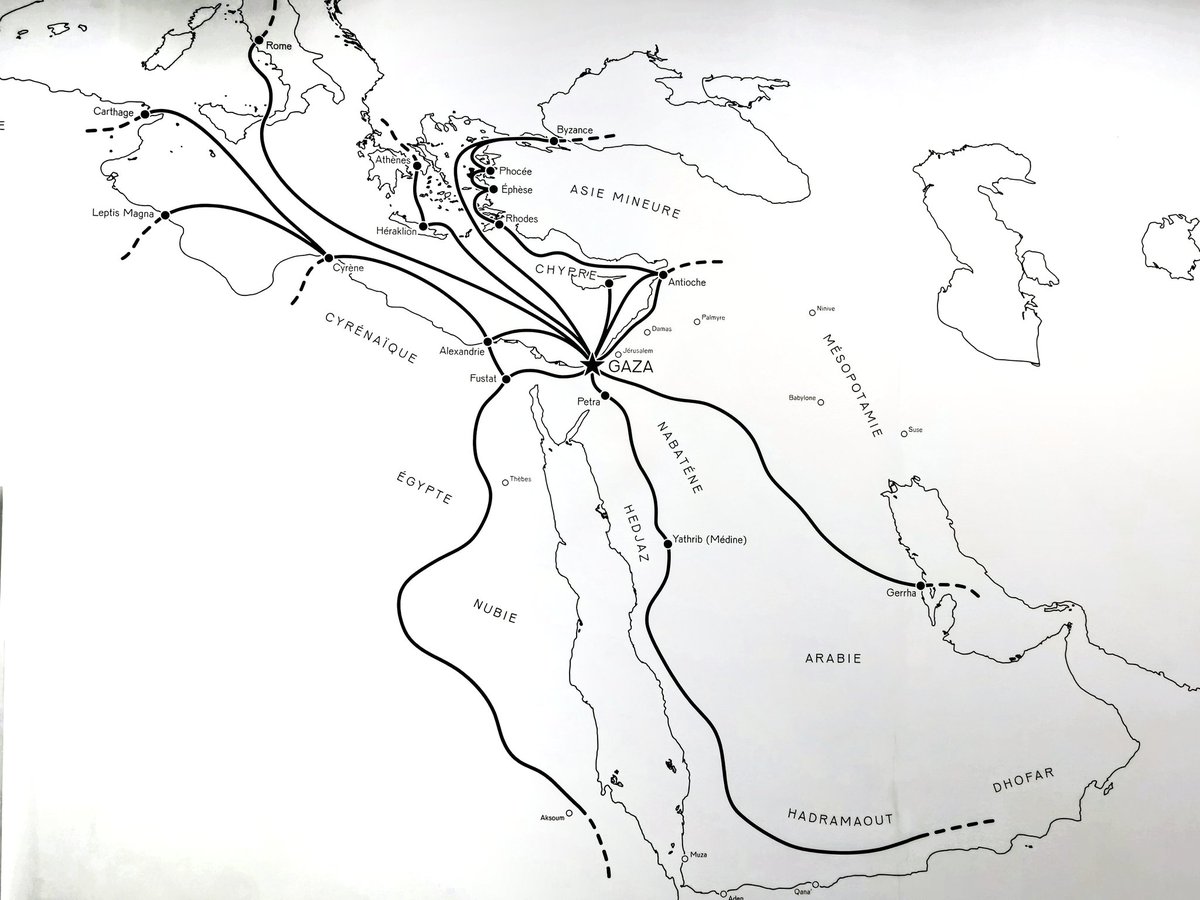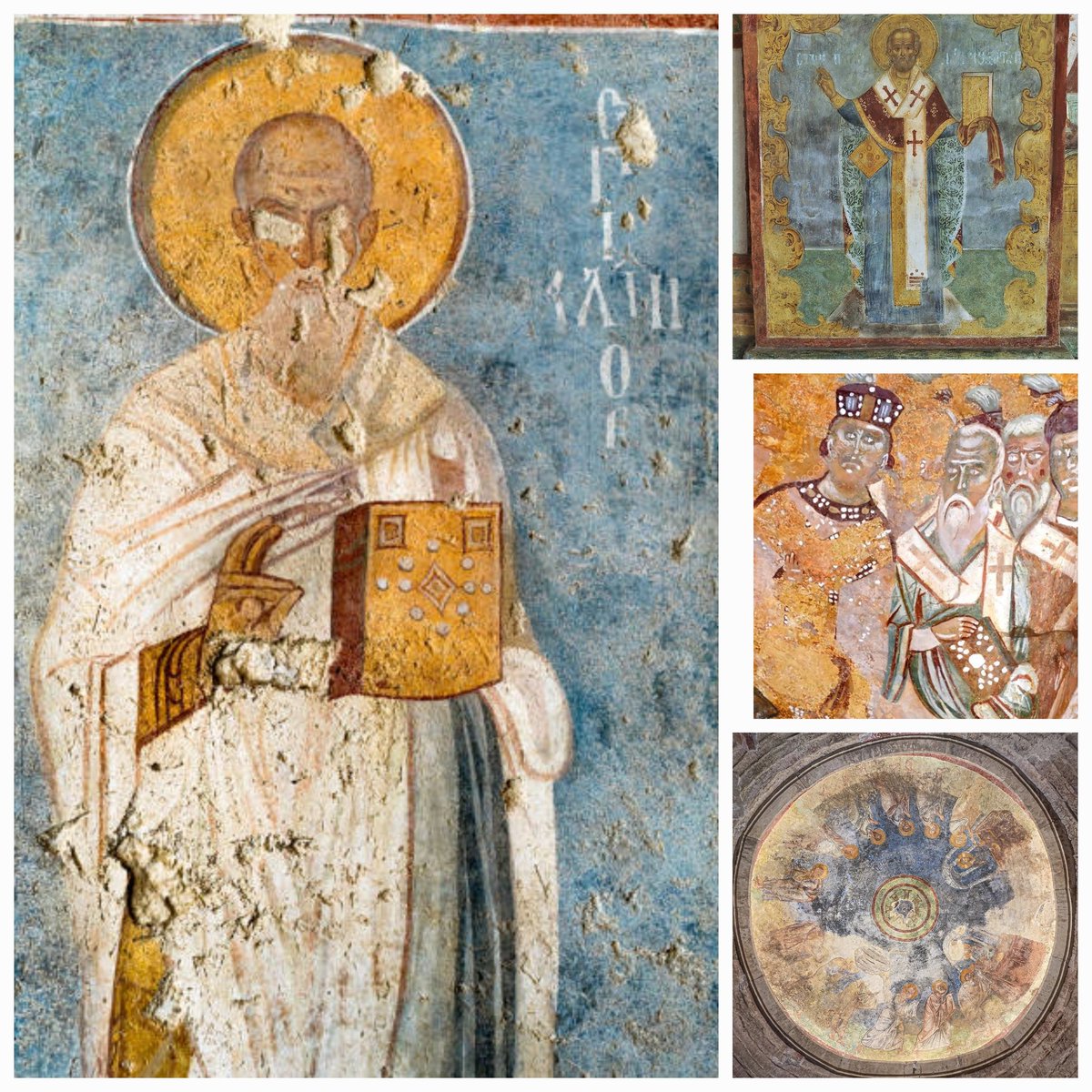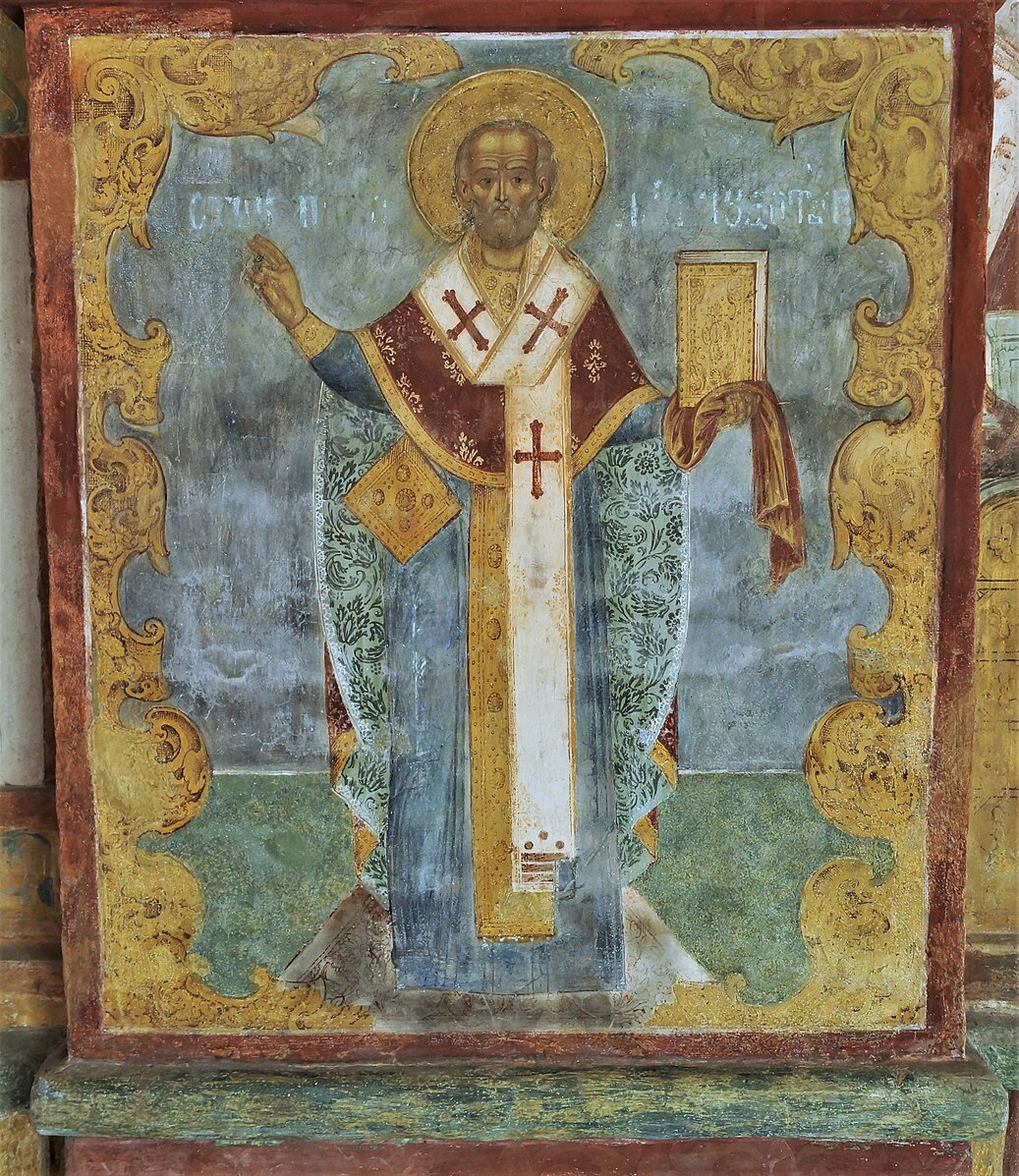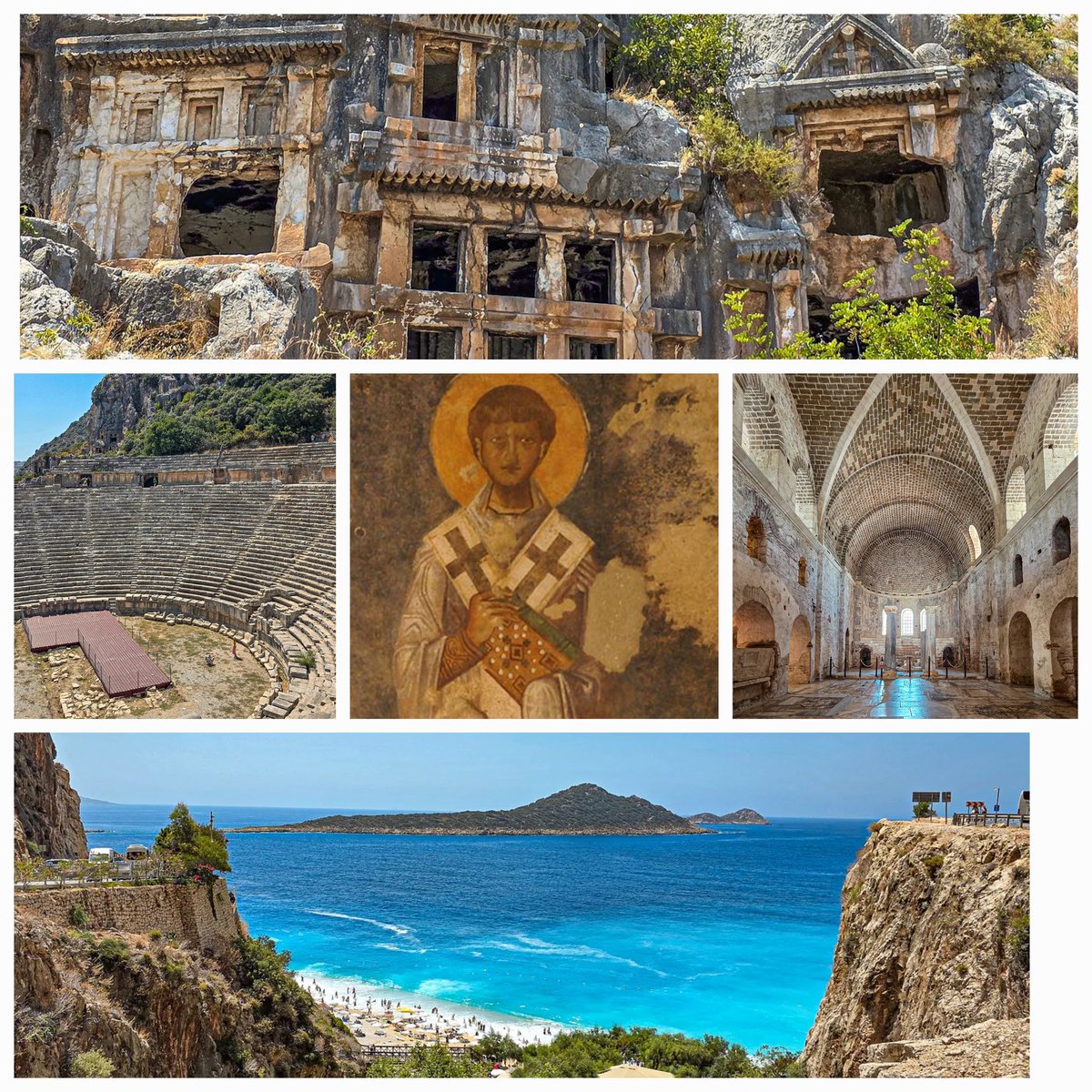The Sons of Tipu handed over as hostages to Lord Cornwallis, 1791
Arthur Devis
Private Collection
A measure of how tastes and sensibilities change: British contemporaries somehow saw this as benign. To us, taking a five year old hostage feels profoundly cruel, even a war crime
Arthur Devis
Private Collection
A measure of how tastes and sensibilities change: British contemporaries somehow saw this as benign. To us, taking a five year old hostage feels profoundly cruel, even a war crime

"Cornwallis accepted Tipu's terms, but his terms were severe: Tipu must surrender half his kingdom, and pay an indemnity of 30 million rupees, release all his prisoners of war, and give his two eldest sons as hostages to guarantee full payment. 




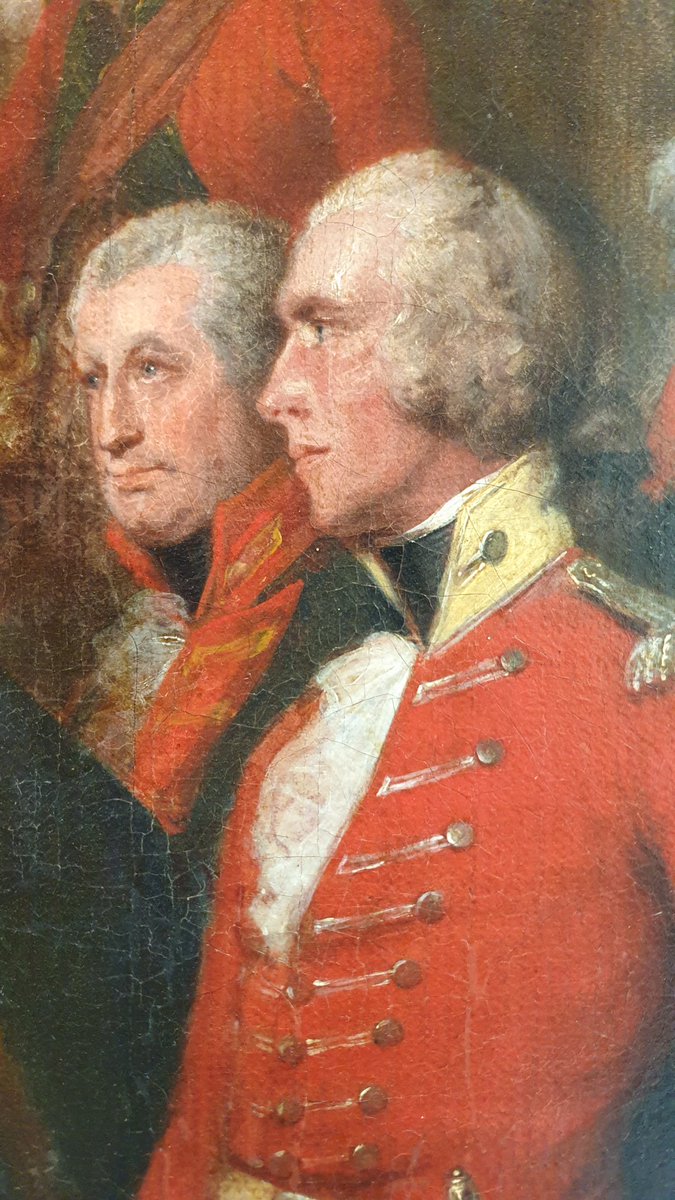

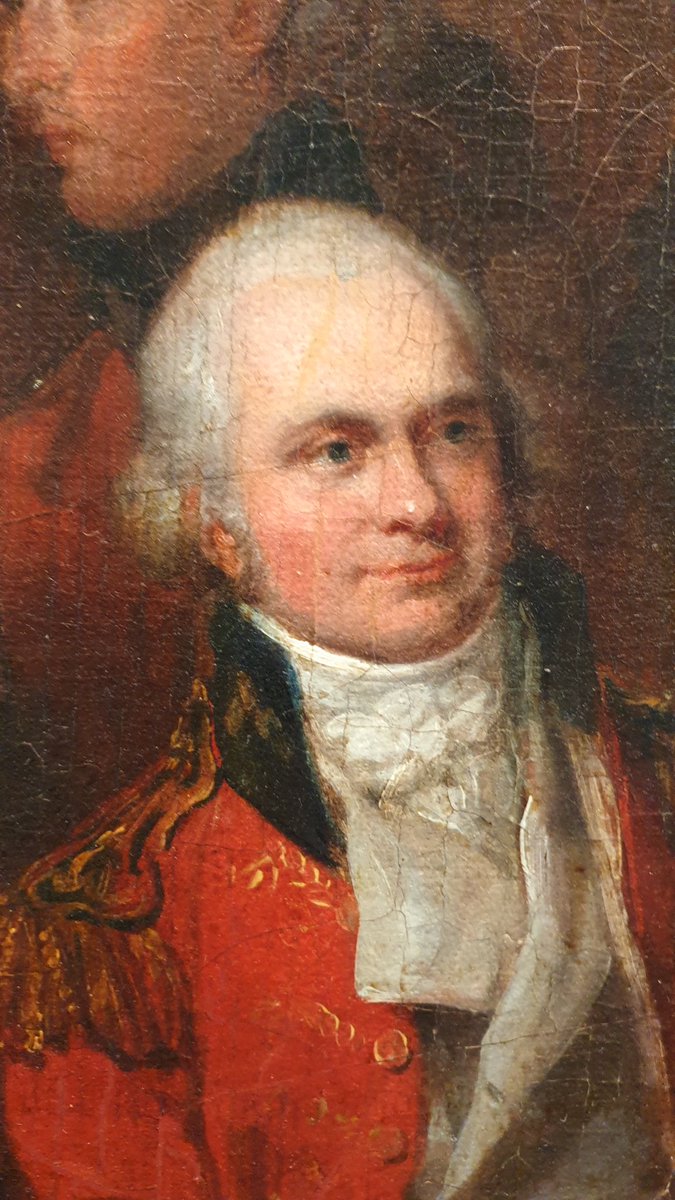
The borderlands next to the Marathas were to be handed over to the Peshwa; those next to Hyderabad to the Nizam; and the Company was to receive his territories in the Eastern Ghats as well as those in Coorg and spice-rich Malabar. 





The treaty was finally signed, and the two young princes – Abdul Khaliq, who was eight, and Muizuddin, aged five – handed over to Cornwallis on 18 March 1792. The boys were taken off by elephant to Madras, which they appeared in general to like. 



The boys were taken off by elephant to Madras, which they appeared in general to like, though they clearly did not enjoy being made to sit through entire performances of Handel’s Messiah and Judas Maccabaeus. 



Having created a sensation in Madras society with their dignity, intelligence and politeness, they were sent back two years later when Tipu delivered the final tranche of his indemnity payment. 



All this was a crushing blow to Tipu. Over the course of the war he had already lost 70 forts and 800 guns, and sustained 49,340 casualties. Now he stood to lose one entire half of the kingdom he had inherited from his father."
From The Anarchy



From The Anarchy




• • •
Missing some Tweet in this thread? You can try to
force a refresh


